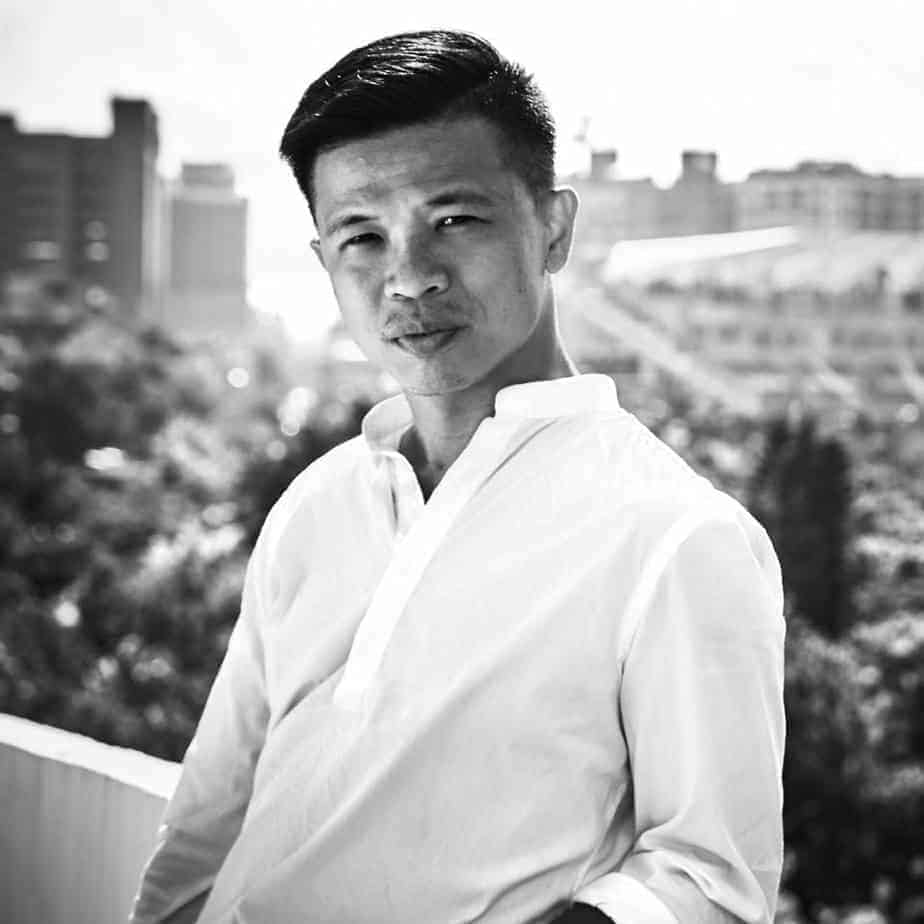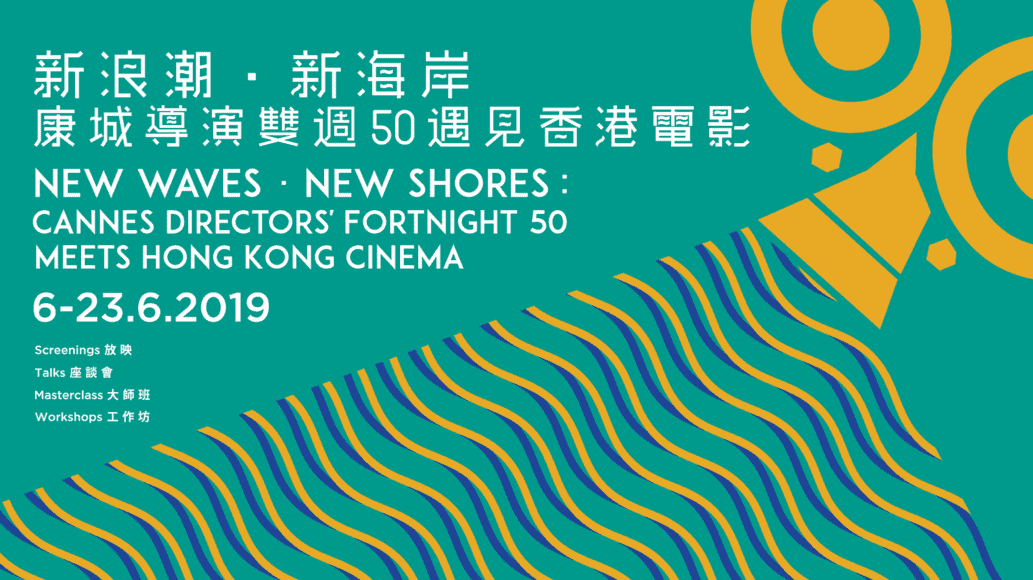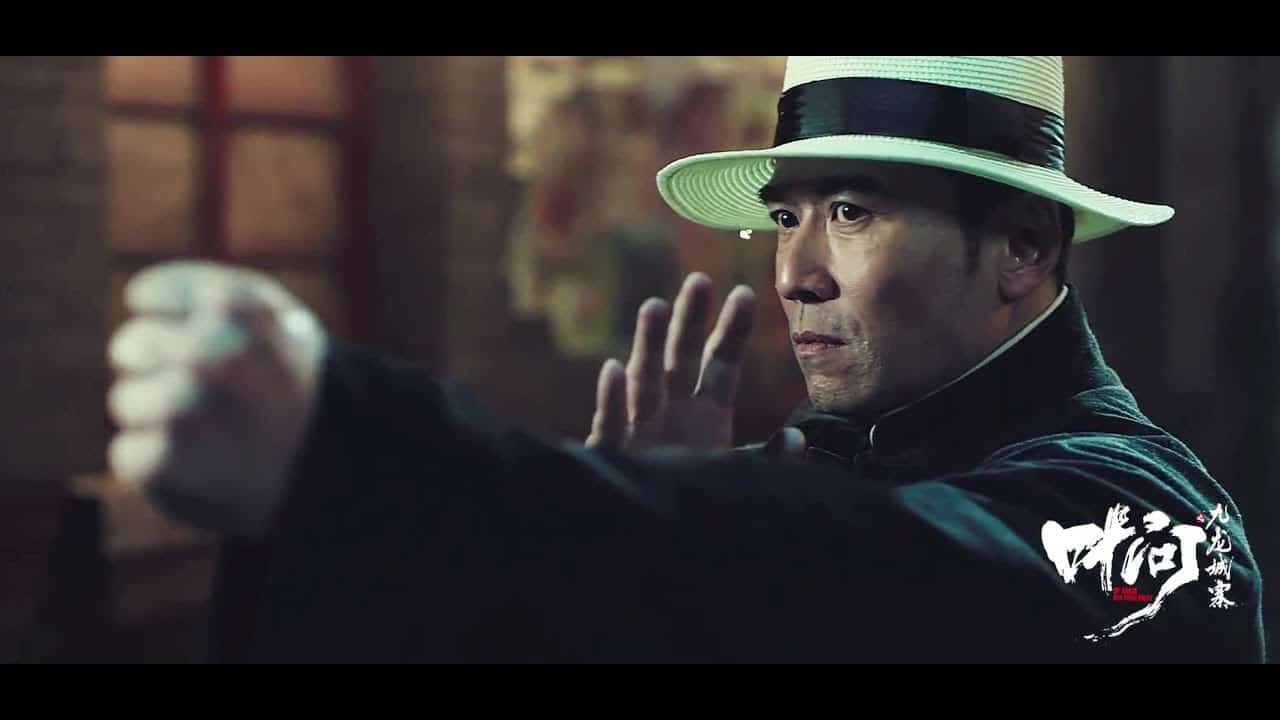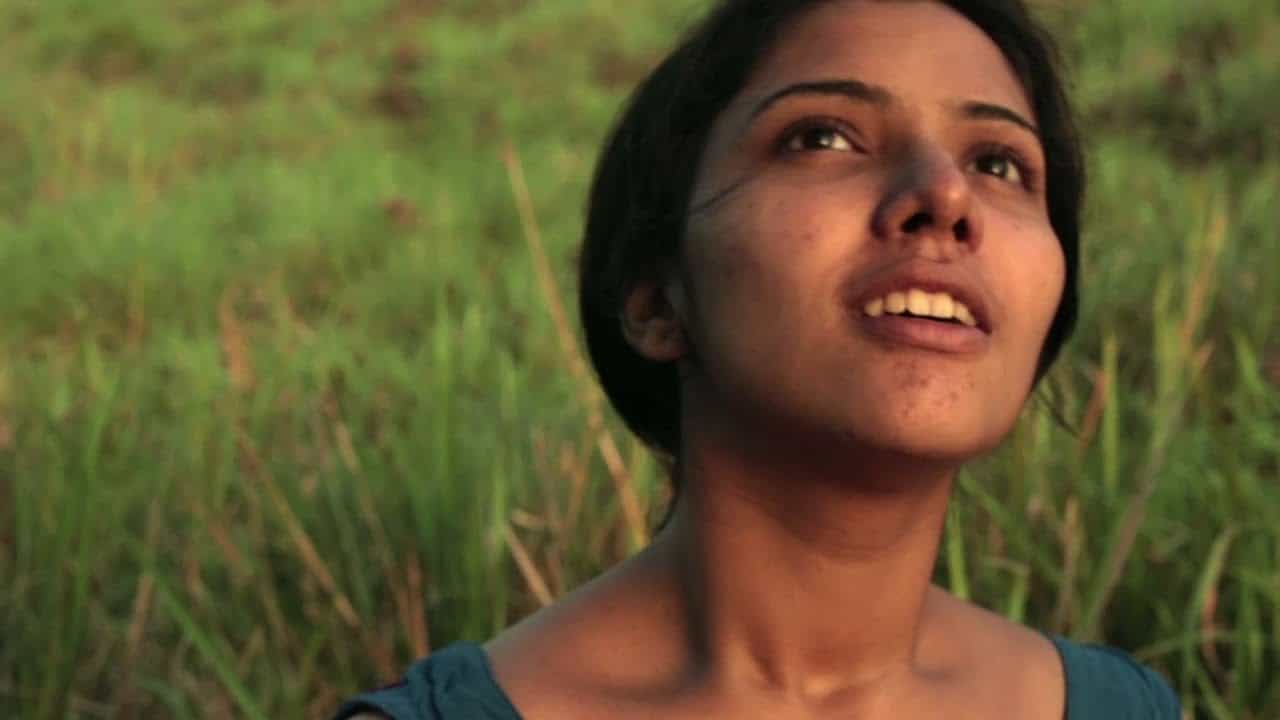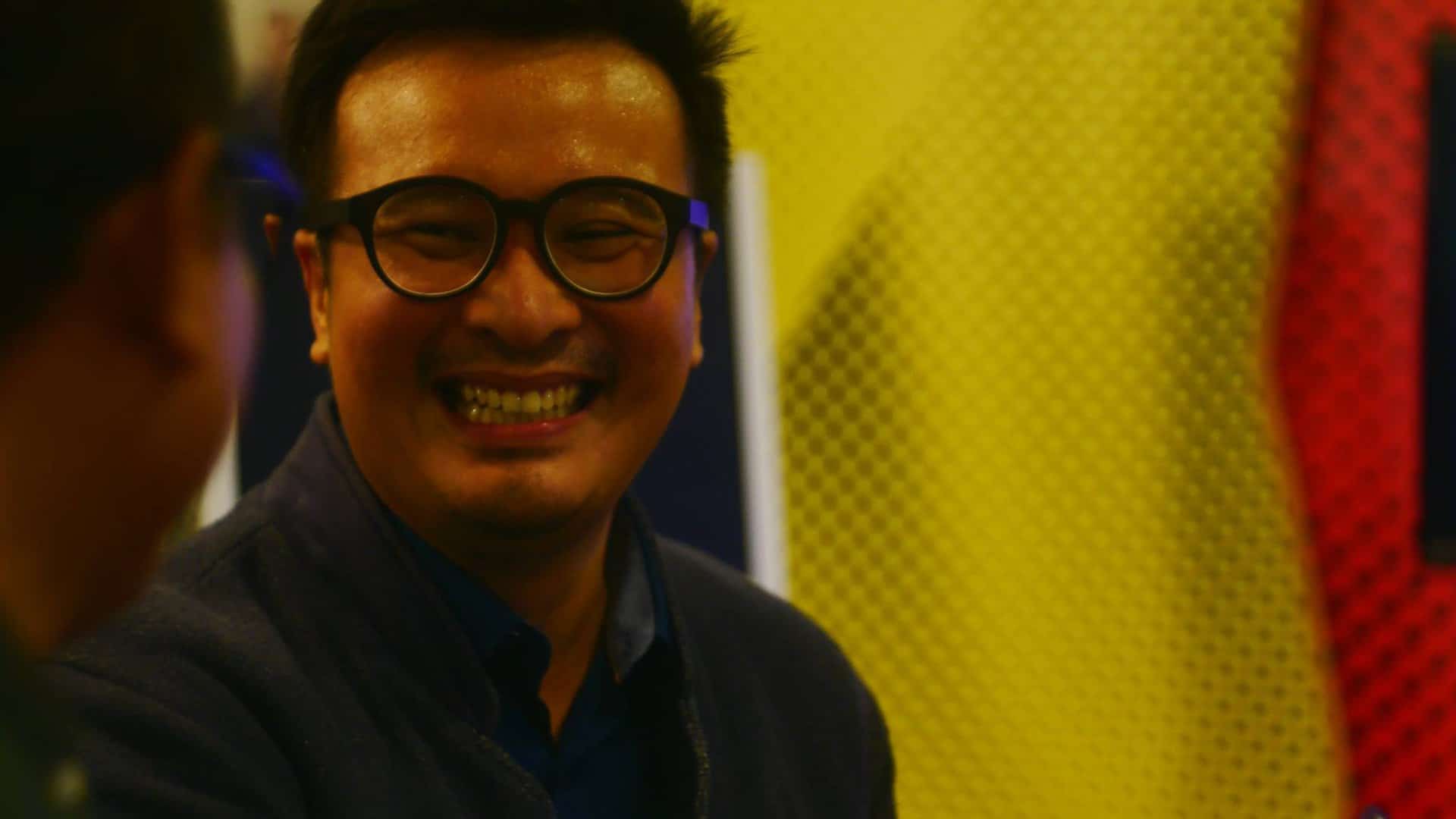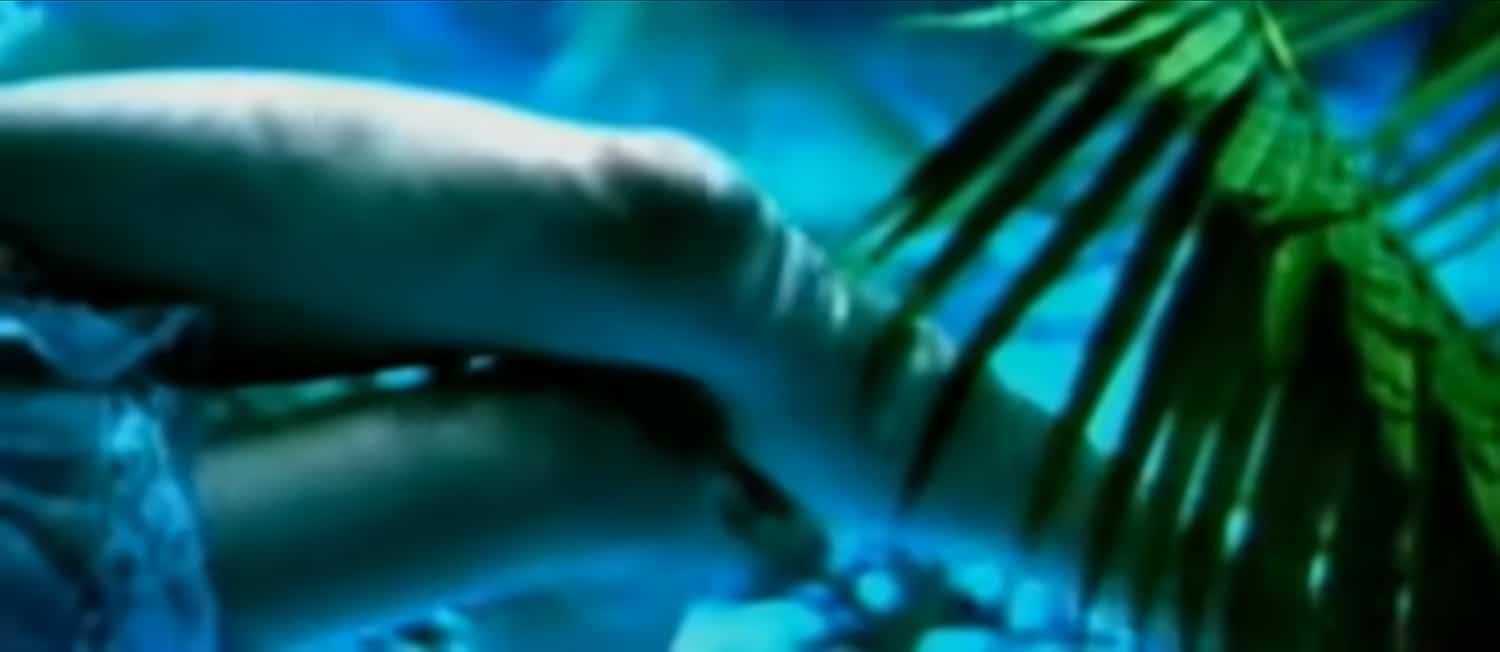James Su (Su Che Hsien) was born in Taiwan, but lived in Beijing from 2011 until 2014. He got his Film Director degree (MFA) from the Applied Media Arts School, National Taiwan University of Arts. His first film, “Hip Hop Storm”was awarded as “best documentary” in Taipei Golden Horse Award in 2010, which made James the youngest person to be awarded this. James directed a lot of TVC and Short Films covering Taiwan and Mainland China markets. In 2019, he worked on “Summer”, a mainland China-Taiwan co-production long feature film and also for the first time created a short feature film, “Nine Shots”.
On the occasion of Nine Shots screening at Vienna Shorts, we speak with him about his career, the difference between feature and documentary, the film and the situation with immigrants in Taiwan, and many other topics

You were the youngest director to win a Golden Horse Award for Best Documentary. Are you proud of this success, and how did it your career progressed after that?
It was lucky for a young director to win the Golden Horse Award with his very first work. It was 2010 when I received the award, and in the meanwhile I was fulfilling my mandatory military service until 2011. After the service, I moved to Beijing for many reasons such as “Summer Palace” Ye Lou's film ( I was strongly impressed by that movie.), Chinese Rock music, etc. But mostly I was hoping/waiting for an opportunity to make something big. After my second film “Fight for justice“ 2016, I returned to Taiwan concentrating on feature film making and focusing on cinematic language. In 2017, I was preparing my first long feature film “ Summer”, it is now in post-production process.
Recently you made the transition from documentary films to feature ones. Why? And what are the most important differences between the two?
I think that documentaries show the audience only appearances. It can be the reality, but sometimes, the truth is hidden behind the surface. It is all depending on how you see it. And there are many forbidden things you cannot show in a documentary film such as shooting a decent man lie in front of public or any love making scenes etc. Those cannot be shown on the big screen. But I have freedom to present my will in features.
“Nine Shots” is based on a true incident that took place in 2016. Why did you decide to shoot a film based on that? What is your opinion about what happened?
In 2017, when I first saw the picture of the dead Vietnamese worker's father in the news, I was so shocked by that image. He brought his belongings in a paper box to Taiwan. That was his baggage.The old father came to Taiwan to bring his son's body back. I immediately started to study this case and wrote down in notes. In 2018, after a 3-months-long trip in France, I came back to Taiwan and still had this story in mind, so I started the preparation for this film.
In my opinion, we, as humans beings, are mostly afraid of facing our own darkness. We tend to consider ourselves as good and decent. I would like people to truly face the issue with racial prejudice. We pretend that it is not existing anymore but it is. And reassess the relationships between Taiwan and its neighbors.
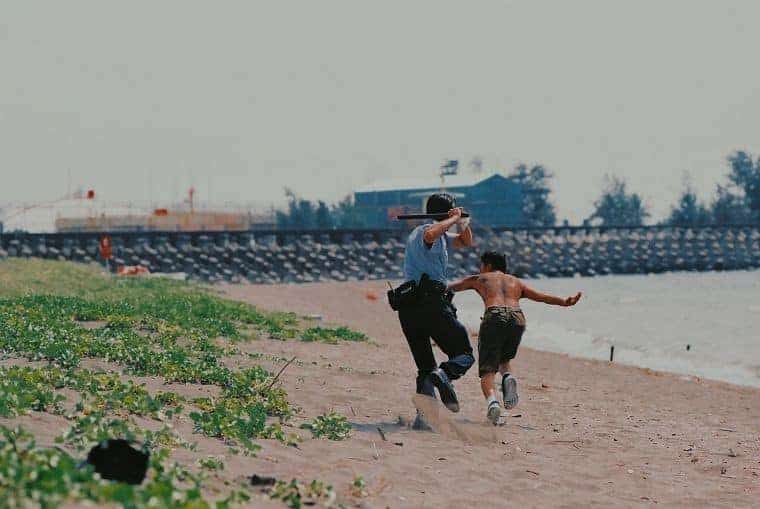
In general, what is the situation with immigrant workers in Taiwan?
Even now, millions of workers from southeast Asia are not paid fairly in Taiwan. The content of their jobs requires lots of labour and time. It can be even dangerous.
In the film, why did the two act the way they did? Both their actions seem irrational. The short does not take a direct stand regarding if Ah fei was under the influence. Was that on purpose, to state that, considering what happened, it does not matter?
A-Fei was illegal in Taiwan, and his reaction was not clear when he got caught by that police officer. He was under drugs. I think because of the prejudice of color, social class and the so called racial superiority made the police officer do something crazy as that.
A-Fei died for unreasonable and meaningless reasons. The police officer could not answer why he shot A-Fei 9 times at court. I made this film hoping to awaken people, have more empathy and care for the world, not only be interested in ourselves. We are all on the same boat in some way, no matter our skin color.
Can you give me some more details regarding the scene after the trial, when his father is sitting to eat and sing with the rest of the Vietnamese? What is its significance?
In the fact, A Fei came to Taiwan to fulfill his father's dream- earning enough money to buy cows for his father. And he finally got the money from the police officer, after the final court verdict last month. He wrote a letter to the lawyer, who defended his son, “thank you for your effort. Now , I have 3 cows .”
That lawyer told me, after the first trail all the Vietnamese friends of Ah-Fei got together for dinner, they cried, grieved, sang, in a Vietnamese restaurant. This song is well known by all Vietnamese, when they miss their families or country, they sing it.
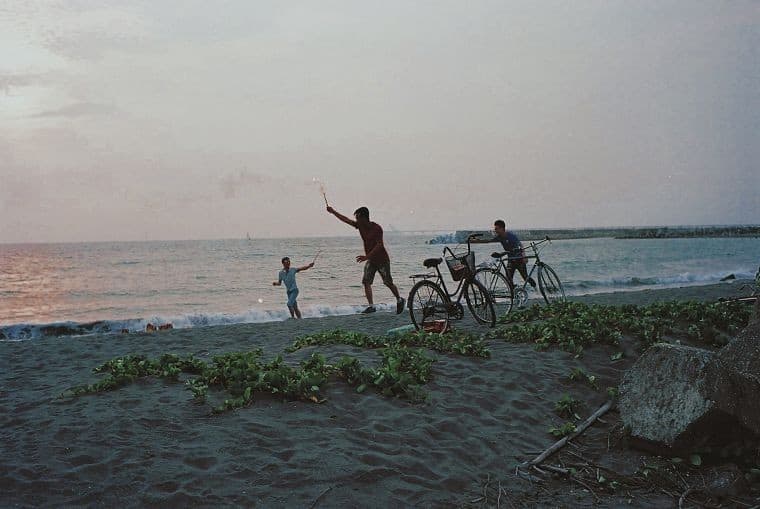
Regarding the cinematography of “Nine Shots”, it kind of reminded me of Takeshi Kitano films. Is he one of your influnces?
Yes. I prefer long takes and minimalist language, Takeshi's early work “A scene at the sea “ “Kids Return” and “Sonatine” have influenced me a lot.
What is your opinion of the Taiwanese movie industry? How do you think it will be affected by the virus?
Taiwanese industry is on a crossroads now. Financially, we changed our film market to pan-Asian, not only our own market or Mainland China . Aesthetically, we changed our auteur-direction tradition, we are going to follow genre film language more.
Due to COVID-19, many productions are suspended and people do not go to theater as they use to. So we will face a hard time with reduced film productions and less investment. It might become a vicious circle.
Are you working on anything new?
At the moment, I have 2 stories which I am working on. I'm writing the scripts and hoping to film them someday soon


